What to expect from Trudeau’s first official trip to India
From trade to counter terrorism to civil society partnerships, here are the areas in need of greater collaboration between the two countries.
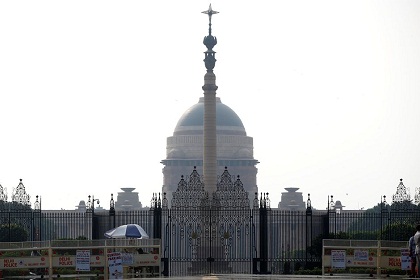 Courtesy: Open Canada
Courtesy: Open Canada
From trade to counter terrorism to civil society partnerships, here are the areas in need of greater collaboration between the two countries.
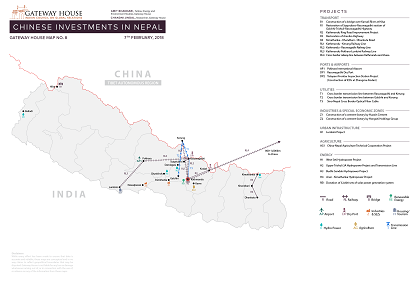 Courtesy: Gateway House
Courtesy: Gateway House
Nepal has historically enjoyed close economic ties with India. An open border and the large number of Nepalis in the Indian army testify to the two countries’ economic and social proximity. But as with other countries in India’s neighbourhood, Chinese investment is leading Nepal to tilt towards China.
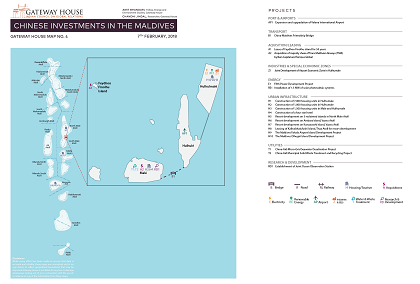 Courtesy: Gateway House
Courtesy: Gateway House
With large investments in local infrastructure and tourism, China has become a key player in Maldivian politics
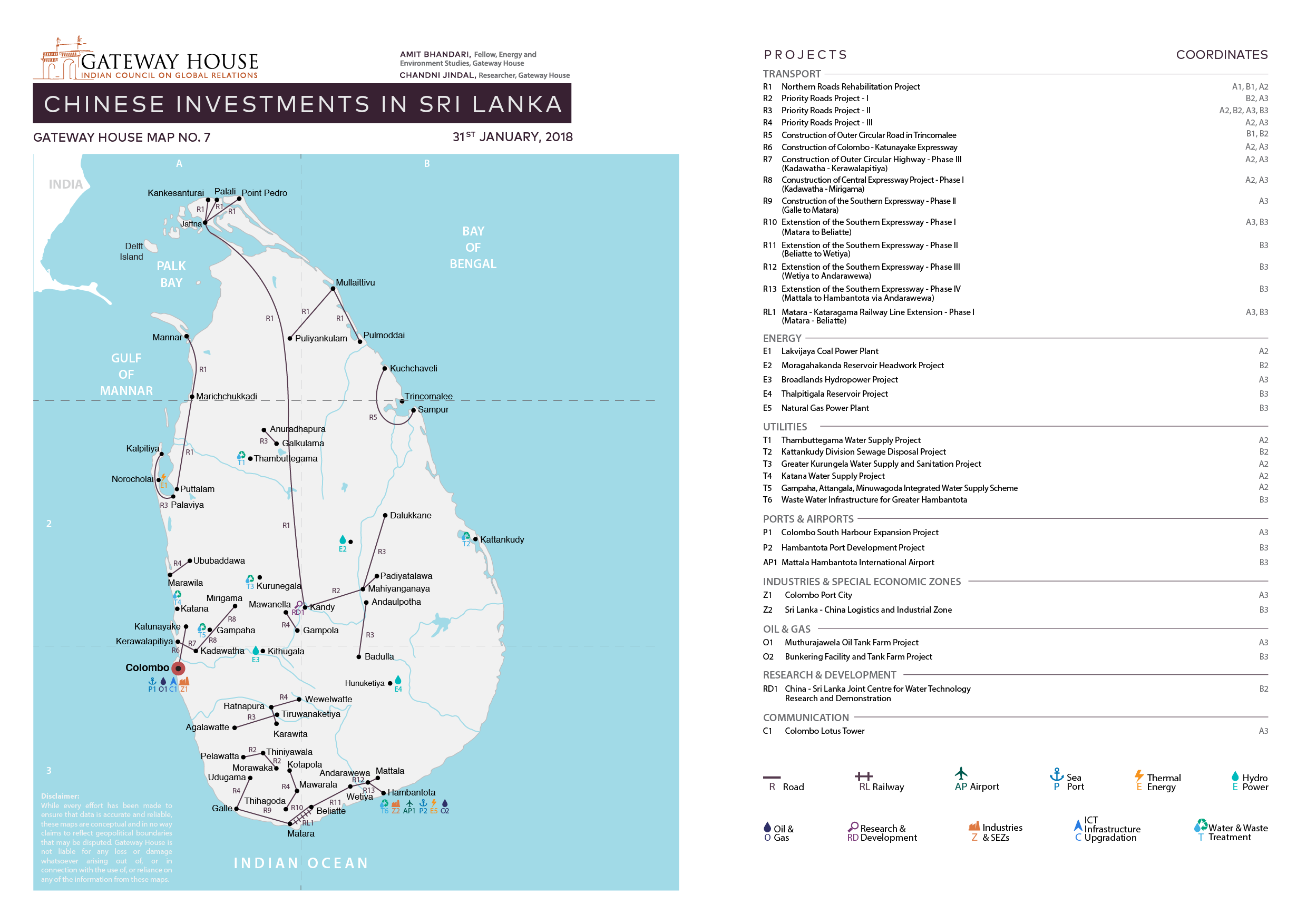 Courtesy: Gateway House
Courtesy: Gateway House
China has replaced India as Sri Lanka’s biggest economic partner. It is gaining control of Sri Lanka’s ports, which can give it leverage over India’s external trade
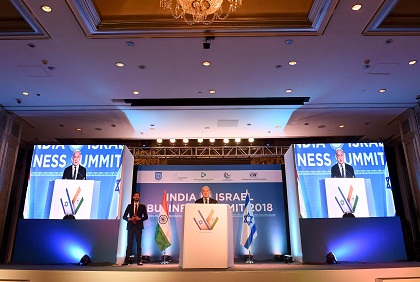 Courtesy: Israel Prime Minister/ Flickr
Courtesy: Israel Prime Minister/ Flickr
Israel’s Prime Minister Benjamin Netanyahu’s recent visit to India, which came as a fitting finale to the silver jubilee celebrations marking diplomatic relations between the two countries, showed a purposeful shift in focus from defence to business. The large Israeli trade delegation, accompanying the prime minister, was there to further robust business ties going back to 1972
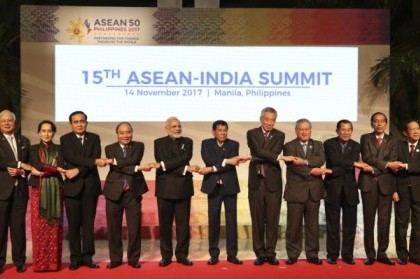 Courtesy:
Courtesy:
Prime Minister Modi's Act East policy is taking visible shape as leaders of the 10 Association of South East Asian Nations (ASEAN) take their place as chief guests at India's 2018 Republic Day celebrations. This is unprecedented as New Delhi’s January 26 celebration has never had this large a number of chief guests. The year 2017 marked 50 years of ASEAN’s creation, and also 25 years of India-ASEAN relations.
 Courtesy: MEA/ Flickr
Courtesy: MEA/ Flickr
This is a partnership that has been based on mutuality, economic cooperation and undisputed political closeness ever since ASEAN’s inception. Now, the path into the future has to be different: creating a new security architecture and determining ASEAN’s role in the Quad are overarching questions that cannot be wished away
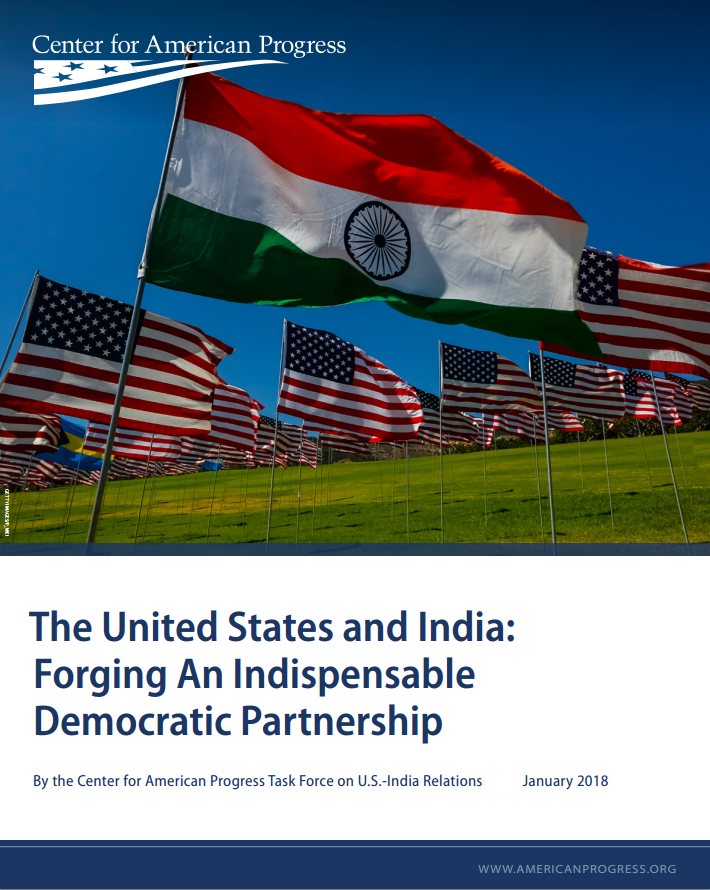 Courtesy: Center for American Progress
Courtesy: Center for American Progress
The United States and India must forge an indispensable democratic partnership that can serve as a pillar of peace, prosperity, and democracy around the world.
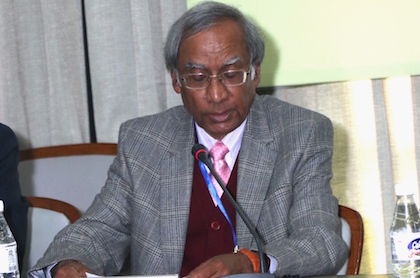 Courtesy:
Courtesy:
The following presentation was given by Ambassador Rajiv Bhatia at an event hosted by Southeast Asia Research Group on 9 January, 2018. Indo-Pacific Architecture – Latest Trends Much pleased with the shift from Asia-Pacific to Indo-Pacific as the focus on India Read more
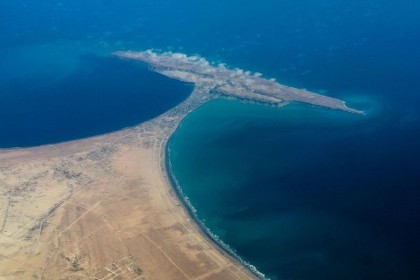 Courtesy: pakchina.pk
Courtesy: pakchina.pk
Gwadar has lain in relative obscurity since 1958 when Oman sold it to Pakistan. It was only 50 years later that the Chinese ‘rediscovered’ it. Pakistan and China have much to learn from the British experience of this strategic asset